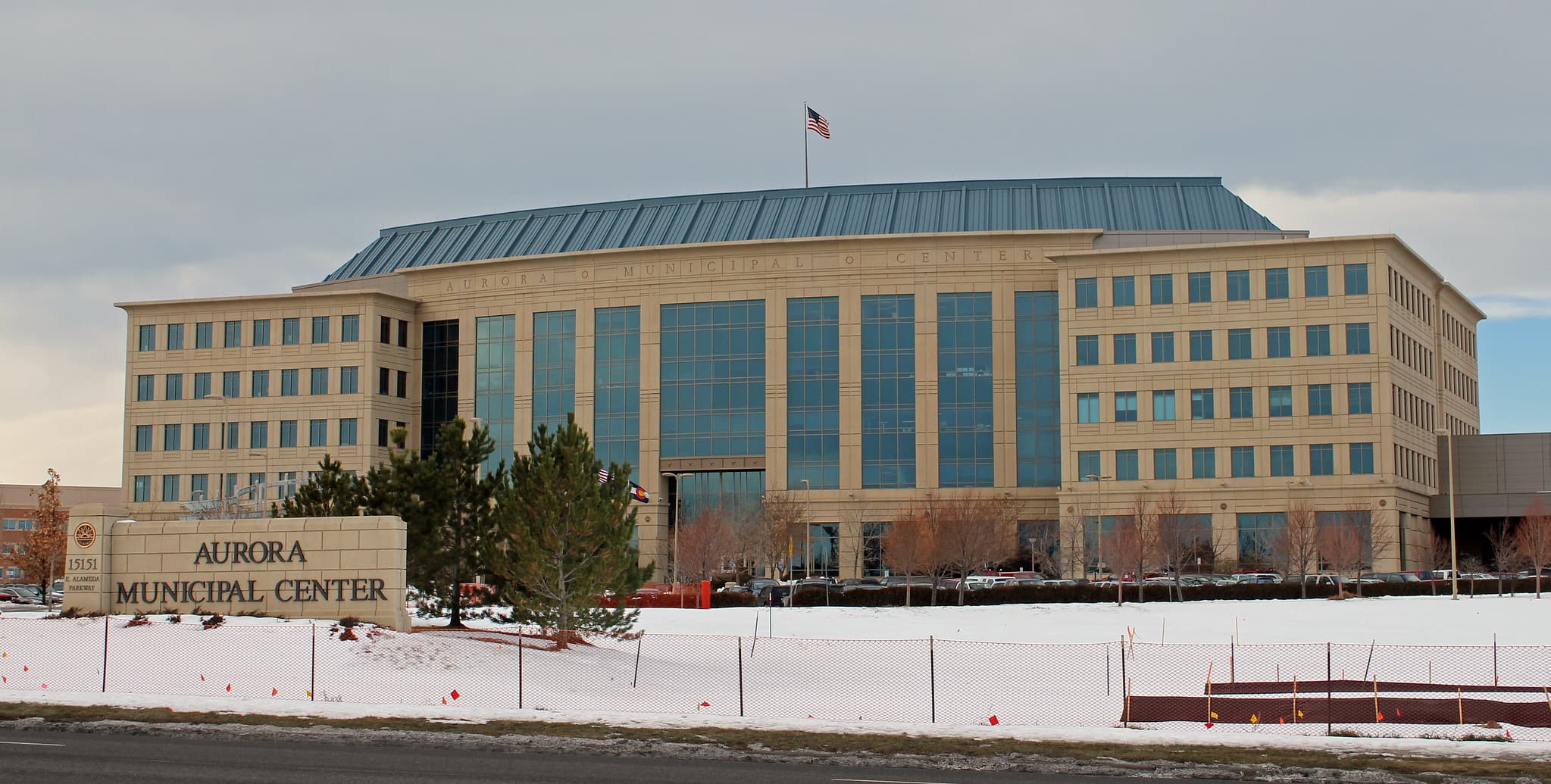Colorado appeals court: Aurora City Council violated Open Meetings Law

A three-judge panel of the Colorado Court of Appeals has ordered the Aurora City Council to provide The Sentinel Colorado with a recording of an executive session in March 2022 related to the censure of a council member, concluding that the city council violated the state’s Open Meetings Law.
In an opinion issued last week, the appeals court panel reversed a lower-court ruling that held that the city council could withhold the executive session recording from the newspaper. The panel’s opinion largely sided with arguments Rachael Johnson, the Reporters Committee’s Local Legal Initiative attorney for Colorado, made on behalf of The Sentinel, finding that the city council violated the Open Meetings Law by failing to properly announce its executive session and by taking official action in secret.
“We’re pleased that the Court of Appeals saw this executive session for what it was: an unlawful meeting that prevented the community from observing the city council as it conducted the public’s business,” Johnson said. “The Sentinel looks forward to the release of the recording.”
The case — The Sentinel Colorado v. Rodriguez — concerns an executive session the Aurora City Council held on March 14, 2022, about the censure of Councilwoman Danielle Jurinsky. The council initiated the censure process after Jurinsky called the Aurora police chief “trash” during an appearance on a local radio show.
A few days after the executive session was held, Max Levy, a reporter for The Sentinel, submitted a public records request seeking access to the recording and meeting minutes of the meeting.
The city denied the request, claiming that the recording is a privileged attorney/client communication and exempt from public disclosure. But Johnson argued that the closed-door session did not involve attorney-client communications. As Levy reported, the city unlawfully convened the executive session under the guise of receiving legal advice when it actually met to discuss, and vote on, ending Jurinsky’s censure process.
With free legal support from Johnson, The Sentinel sued the city council for access to the executive session recording and meeting minutes in May 2022. The newspaper argued that the city violated the Open Meetings Law by holding a secret vote on the censure without advance public notice.
The Arapahoe County District Court initially sided with The Sentinel, issuing an order in July 2022 requiring the city council to turn over the records. After the city council filed a motion for reconsideration, the district court held that the recording could be withheld, concluding that the council had “cured” any Open Meetings Law violations when it held a regular meeting about the executive session on March 28, 2022.
The Sentinel appealed the district court’s ruling to the Colorado Court of Appeals. On behalf of the newspaper, Johnson argued that the records should be released. Among other things, she argued that the district court had erred in holding that the city council had cured the unlawful March 14 executive session and that the city council had failed to establish that any portion of the executive session involved privileged attorney-client communications.
The appeals court panel agreed.
The Aurora City Council violated the Open Meetings Law “by improperly convening and taking a ‘position … or formal action’ in deciding to end Jurinsky’s censure proceedings during the March 14 executive session,” Judge David Furman wrote in his opinion for the appeals court panel.
Furman’s decision also held that the city council had “waived any attorney-client privilege” when it described what happened at the March 14 executive session during its public meeting on March 28. As a result, Furman wrote, “the recording of this session must be released.”
Read The Sentinel’s coverage of the appeals court’s decision.